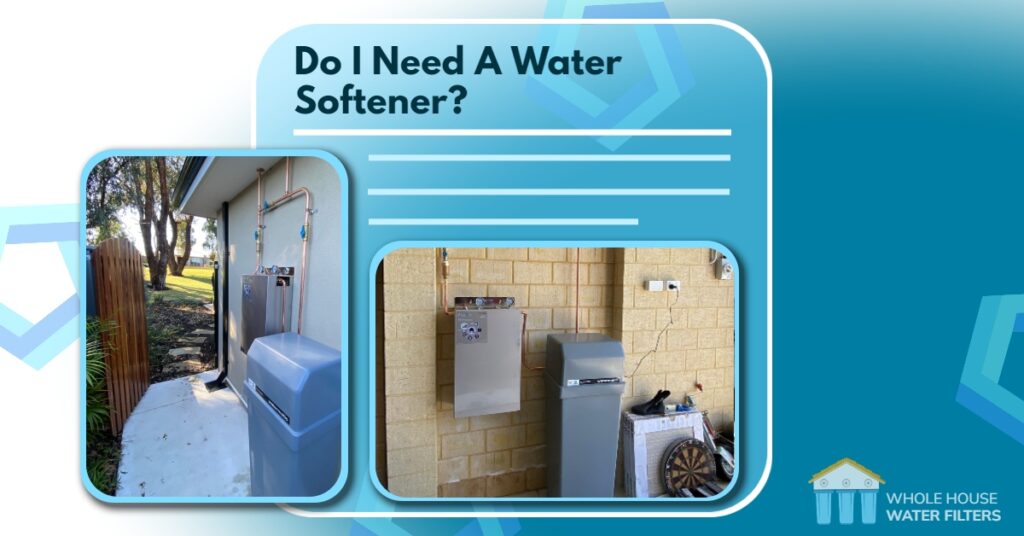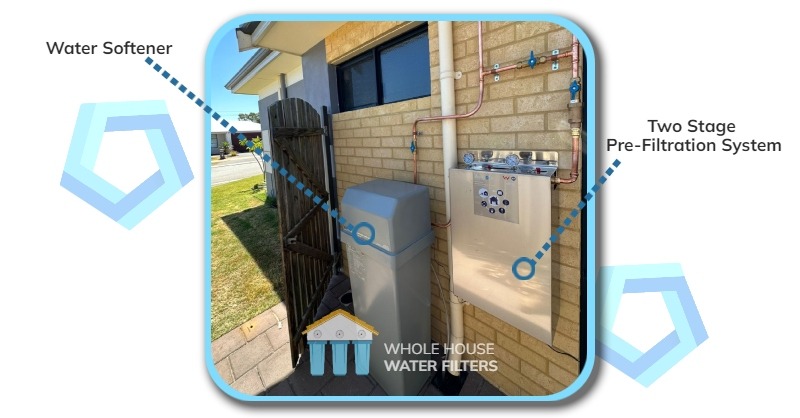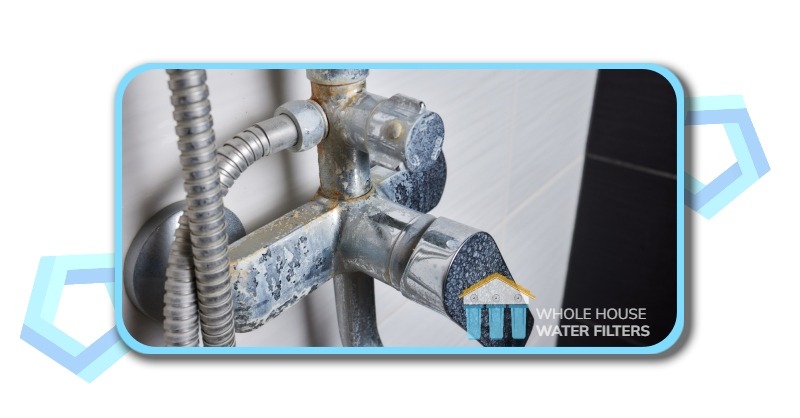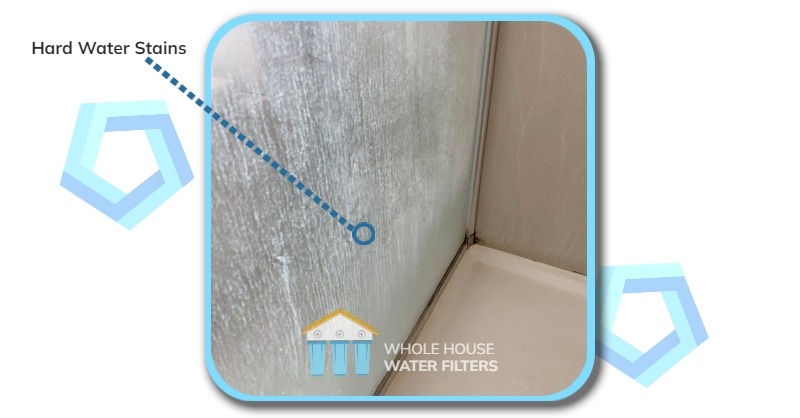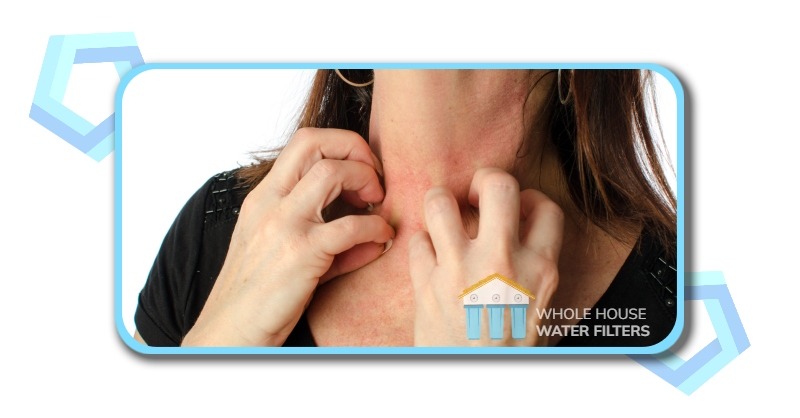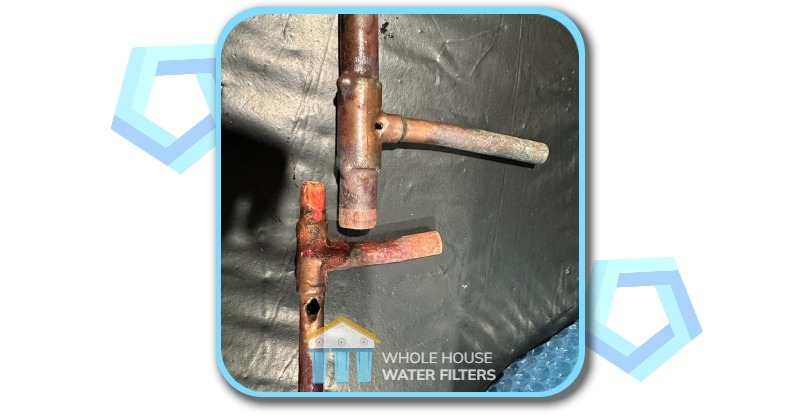News, Perth Water, Whole House Water Filtration System
Do I Need A Water Softener?
If you’re experiencing any of the problems associated with hard water, you may be wondering if a water softener is the solution for you. While water softeners can be beneficial for some households, there are a few things to consider before making a decision.
First, let’s talk about what a water softener does. A water softener is a system that removes the hard minerals, like calcium and magnesium, from your water supply through a process called ion exchange. In this process, resin beads in the softener attract and trap the hard minerals and replace them with sodium ions, which don’t cause the same problems as hard minerals.
Now, let’s discuss the signs that you may need a water softener. If you notice mineral build-up on your faucets, showerheads, or appliances, that’s a sign of hard water. Similarly, if you have trouble lathering soap or shampoo, have dry skin or hair, or experience faded clothes.
Also, indications of hard water can include:
Mineral deposits: Hard water contains minerals such as calcium and magnesium, which can leave deposits on pipes, fixtures, and appliances, leading to reduced water flow and reduced efficiency of the equipment.
Soap scum: Hard water reacts with soap to create a sticky substance known as soap scum, which can build up on sinks, showers, and bathtubs.
Poor lathering: Hard water can make it difficult to create a good lather with soap or shampoo, which can lead to less effective cleaning and an unclean feeling.
Dry skin and hair: Hard water contains minerals like calcium and magnesium that can react with the fatty acids in soap and form a residue that can clog pores. This residue can make it difficult to fully remove dirt and oil from the skin, leading to buildup in the pores and potentially causing acne, breakouts, and other skin issues. Additionally, hard water can strip the skin of its natural oils, leading to dryness and irritation, which can also contribute to clogged pores. Using a water softener or a gentle cleanser can help mitigate these effects and keep your skin healthy and clear.
Faded clothes: Hard water can cause clothes to fade and lose their colour over time.
Poor-tasting water: Hard water can have an unpleasant taste, making it less enjoyable to drink.
Reduced appliance lifespan: The buildup of minerals in appliances like water heaters, washing machines, and dishwashers can cause them to wear out faster and require more frequent repairs or replacements.
Higher energy bills: The buildup of minerals in water heaters and other appliances can cause them to work less efficiently, leading to higher energy bills.
Clogged pipes: Over time, the buildup of minerals can clog pipes, leading to reduced water pressure and the need for expensive repairs.
Overall, the problems caused by hard water can be frustrating and costly, which is why many people choose to install water softening systems to remove the hard minerals from their water.


